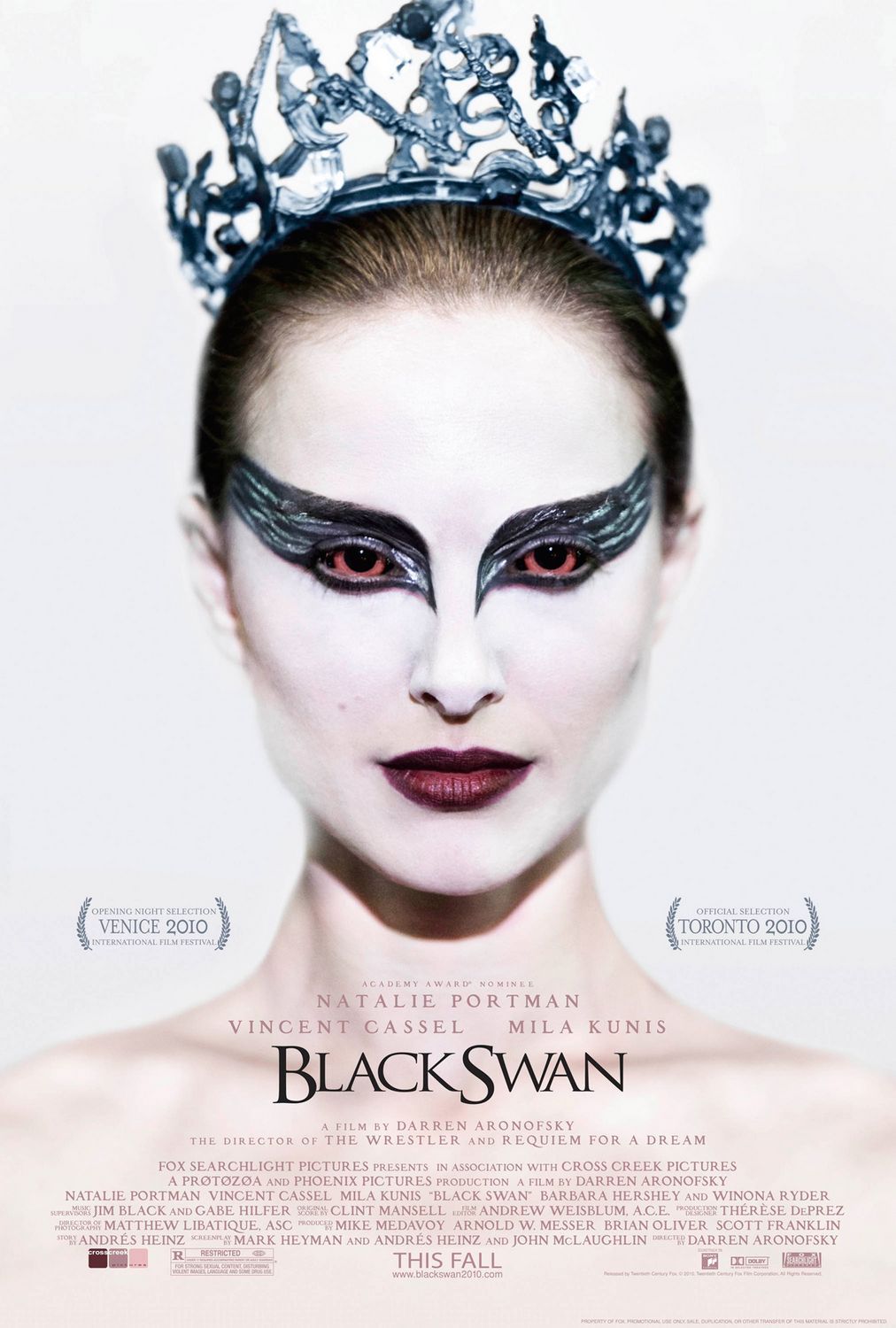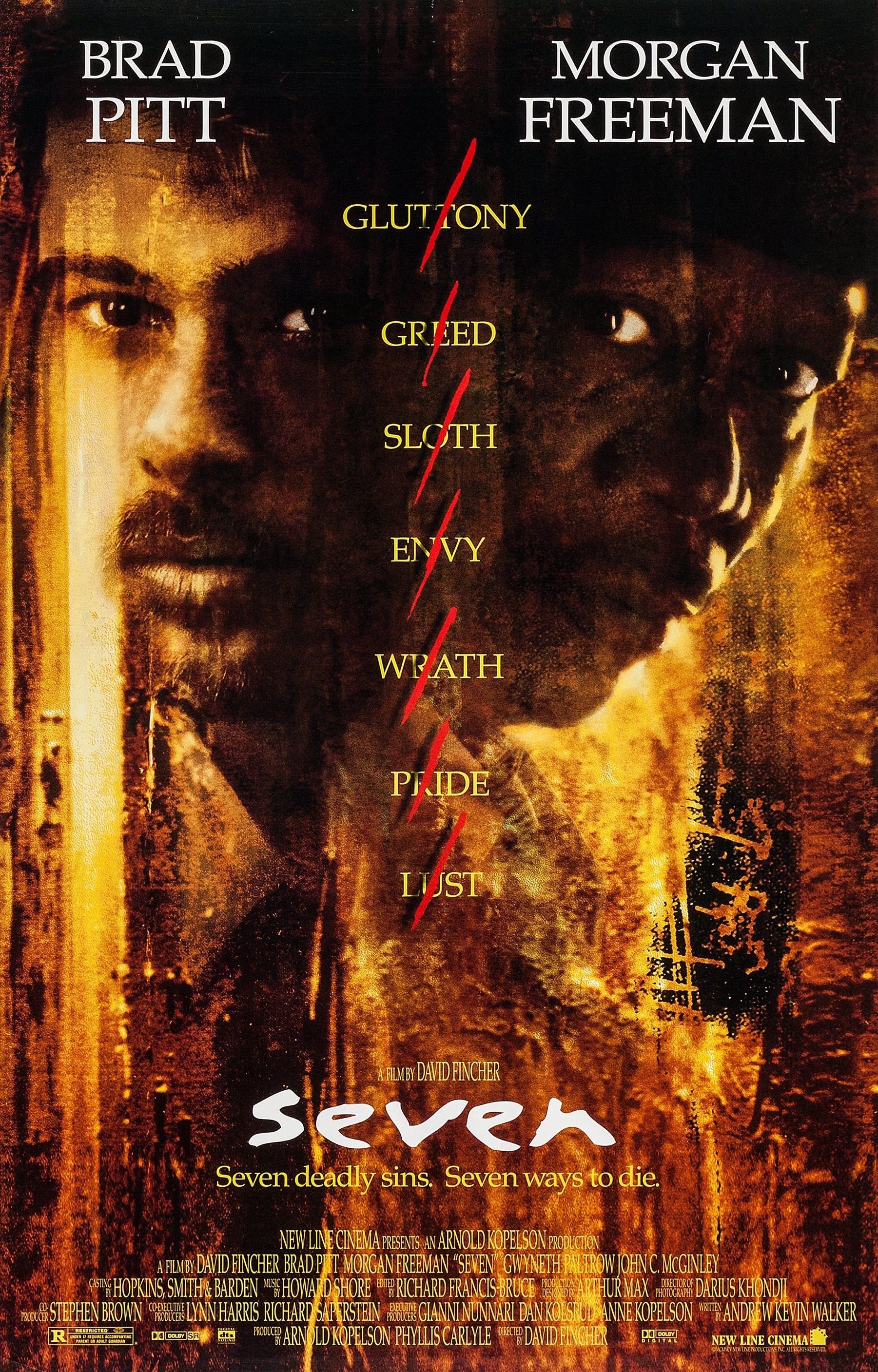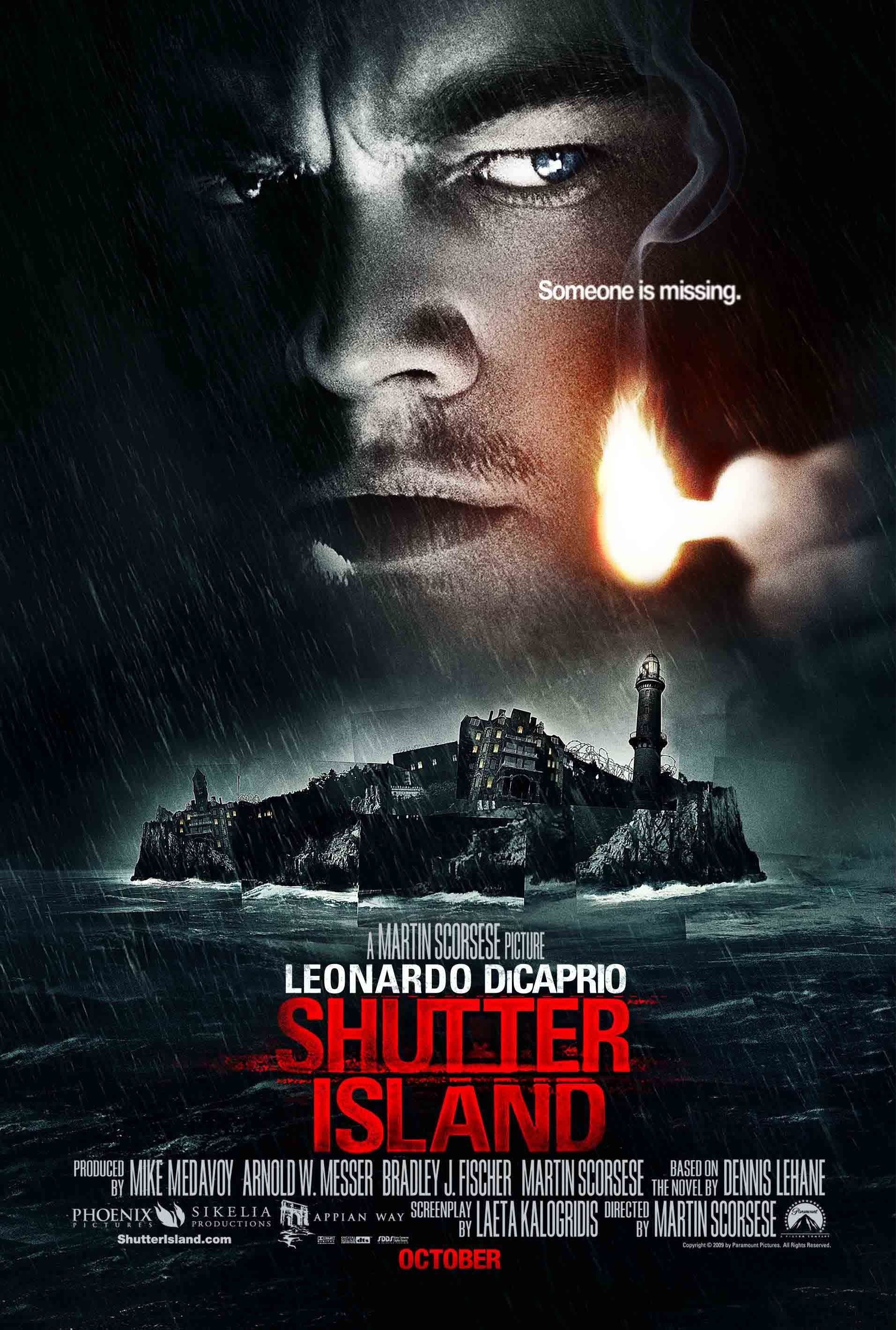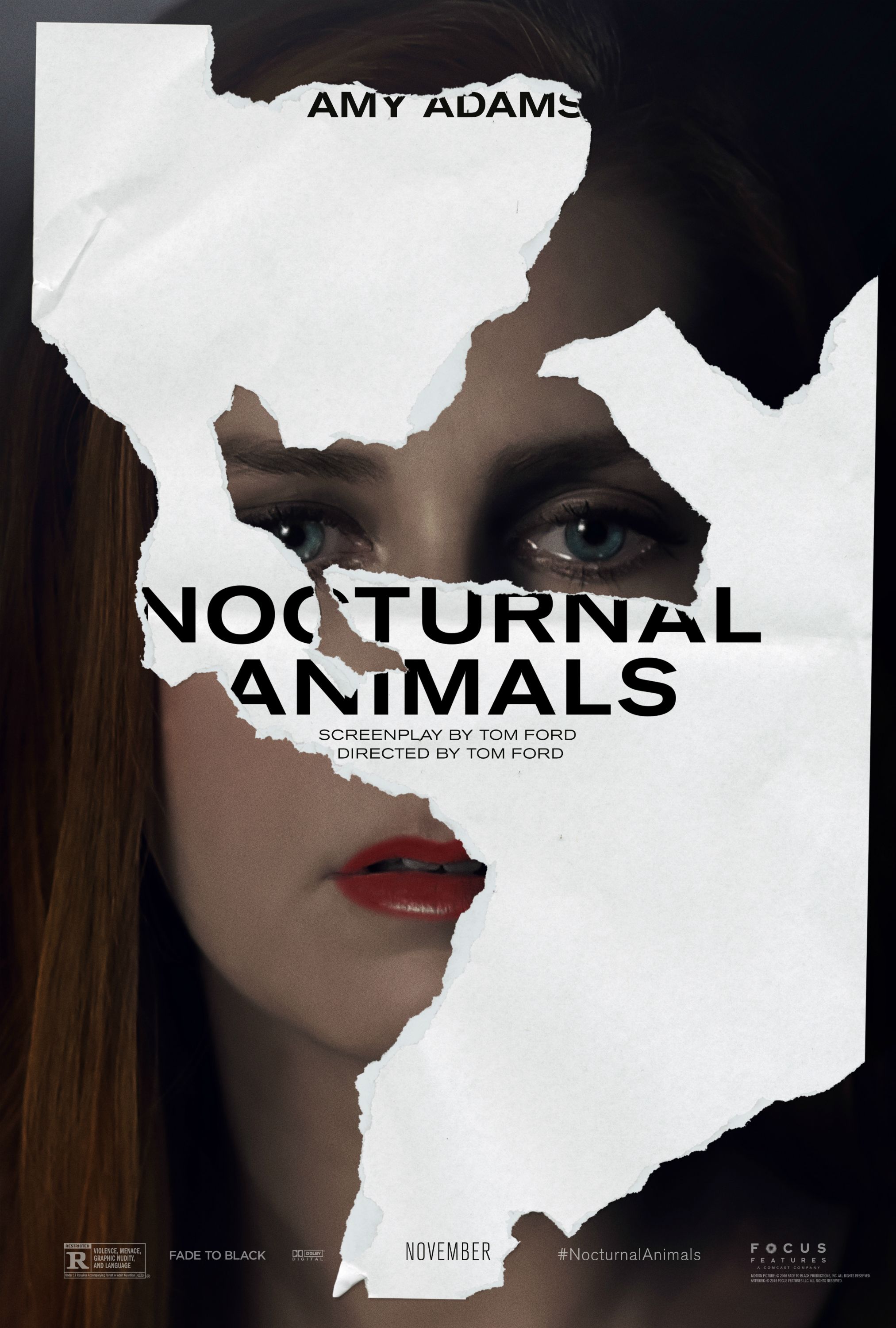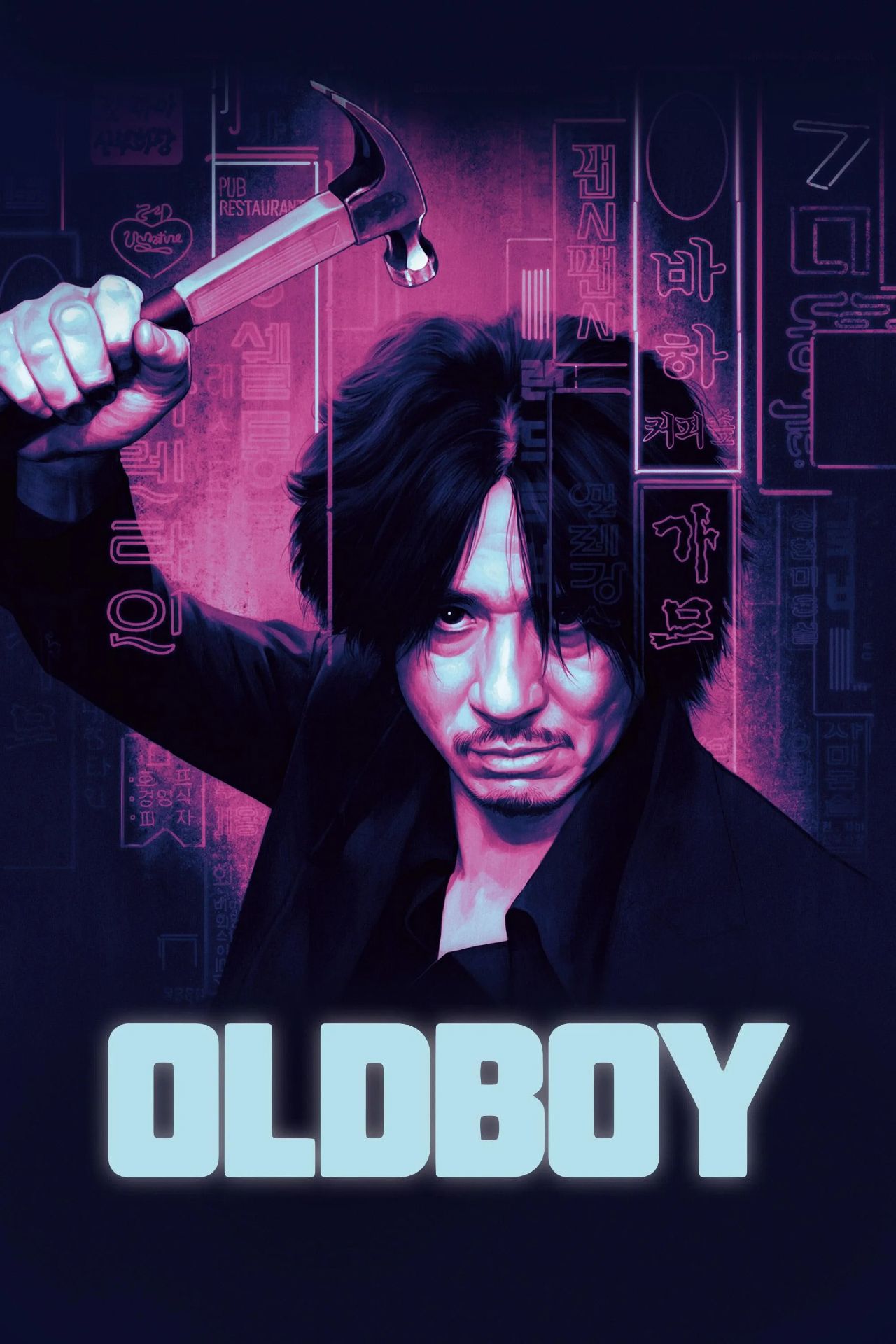While the thriller genre shares plenty of elements with similar varieties of movies like horror and drama, thrillers have the unique ability to draw audiences in and make them unsure who to trust. These films use unreliable narrators, multiple realities, and differing perspectives. Often, movies like this have an unforgettable twist that throws the very nature of the story into question. The line between life and death is also a theme frequently touched upon in the most mind-bending psychological thrillers that purposefully throw the audience off course to disorient and surprise them.
Some of the most disturbing psychological thriller movies blend different genres into the script to draw audiences in and make them question their realities. It becomes clear through subtle hints and foreshadowing that what the characters believe and what the audience sees isn’t the full story and that something is going on behind the scenes. While it’s typical for thriller movies to include violence and cruelty in the story, these narratives are often rooted in emotionally resonant topics like grief, loss, and transitional periods of life.
10 Donnie Darko (2001)
Directed by Richard Kelly
A young Jake Gyllenhaal made his mark with Donnie Darko in 2001. The film incorporates elements of sci-fi and the concept of multiple realities to make it as mind-boggling as possible. As time has progressed, Donnie Darko has become one of the most beloved cult classic thrillers of the early 2000s and has been heralded for its unique structure and existential themes. From the mysterious circumstances Donnie (Gyllenhaal) experiences at the story’s start, Donnie Darko has no trouble drawing the audience in.
7:38
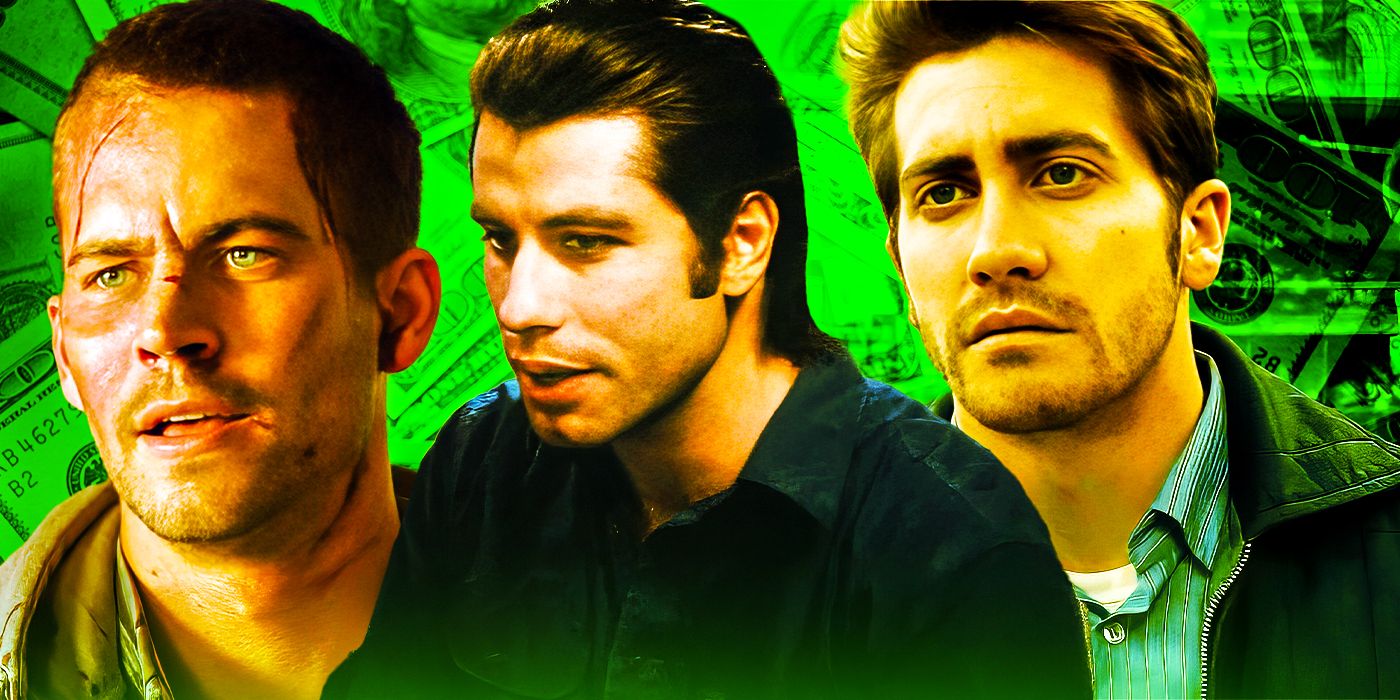
Related
10 Great Thriller Movies That Bombed At The Box Office
Many thrillers bomb at the box office because they’re hard to market and don’t often have happy endings, but these are some of the genre’s best.
The conclusion of Donnie Darko is the source of much debate and confusion, but that’s what makes the film so engaging upon multiple viewings. Donnie Darko effectively balances its almost supernatural aspects with Donnie’s everyday angst, almost lulling the audience into a false sense of security as Donnie slowly pieces together the forces behind his hallucinations and the coming end of days. The inner workings of the time loop and Donnie’s place at the center of it are what will push the boundaries of the audience’s understanding.
|
Title |
Rotten Tomatoes Critic Score |
Rotten Tomatoes Audience Score |
|
Donnie Darko (2001) |
87% |
80% |
9 Black Swan (2010)
Directed by Darren Aronofsky
Drawing inspiration from iconic animated thrillers like Perfect Blue, Black Swan is one of Darren Aronofsky’s best works as a director and features an all-star cast. Natalie Portman leads the cast as Nina, a young professional ballet dancer who starts losing her grip on reality as she throws herself, body and soul, into her role as the White Swan in Swan Lake. Already an emotionally taxing ballet, Nina starts hallucinating and becomes embroiled in a psychosexual game of cat and mouse with her rival Lily (Mila Kunis).
Black Swan has one of the greatest movie dance scenes when Nina realizes that many of her violent and explicit experiences were a product of her fracturing imagination. Black Swan belongs to the niche of cinema that explores how far an artist will go to achieve perfection and the high cost that accompanies it. While some of Nina’s hallucinations are clearly not happening, there are plenty of moments in Black Swan that walk the line between real and imagined.
|
Title |
Rotten Tomatoes Critic Score |
Rotten Tomatoes Audience Score |
|
Black Swan |
85% |
84% |
8 Se7en (1995)
Directed by David Fincher
David Fincher is widely considered one of the greatest directors in the thriller genre, and Se7en is one of his most disturbing films. Two detectives, David (Brad Pitt) and William (Morgan Freeman), are tasked with tracking down a brutal serial killer who leads them down a path of destruction. Se7en‘s killer murders his victims based on the seven deadly sins, creating a clear trail for the detectives and beginning to toy with them to make them as irredeemable as him.
While many similar films keep the murderer’s identity a secret until the final moments,
Se7en
upends this formula by having the killer identify himself early on and turn himself in.
While many similar films keep the murderer’s identity a secret until the final moments, Se7en upends this formula by having the killer identify himself early on and turn himself in. However, this only leads to further questions from both the audience and the characters. His ultimate plot is slowly revealed throughout the film’s second half, and even though it seems certain that he’s the killer, copycats and a lack of evidence make it almost impossible to prove, leading to the movie’s tragic conclusion.
|
Title |
Rotten Tomatoes Critic Score |
Rotten Tomatoes Audience Score |
|
Se7en (1995) |
83% |
95% |
7 Shutter Island (2010)
Directed by Martin Scorsese
Leonardo DiCaprio leads Martin Scorsese’s Shutter Island alongside Michelle Williams in two of the actor’s best performances. Shutter Island is just as emotionally devastating as it is unbelievable, with a twist ending that ranks among the best of the 21st century. While some critics argued that the extreme narrative turns throughout the story bordered on too melodramatic and outlandish, this doesn’t change how floored viewers will be by the film’s conclusion.
Leonardo DiCaprio’s characters in Scorsese movies have been varied and pushed the actor to his limits time and again. Since the audience is along for the ride of the story from Edward’s (DiCaprio) perspective, it’s easy for the viewer to be fully convinced of what Edward thinks is his reality instead of interrogating the holes in the stories Edward tells himself. Though it’s upsetting to find out the truth at the heart of Shutter Island, the audience is desperate to have their questions answered by the end, increasing the impact all the more.
|
Title |
Rotten Tomatoes Critic Score |
Rotten Tomatoes Audience Score |
|
Shutter Island (2010) |
69% |
77% |
6 Nocturnal Animals (2016)
Directed by Tom Ford
The structure of Nocturnal Animals is a large part of what makes the story so compelling and so twisted, as the dual narratives blur the line between emotional truths and the facts of the character’s situations. While reading a book her ex-husband wrote that connects thematically to the destruction of their marriage, Susan (Amy Adams) grapples with the darkest parts of herself. Juxtaposing the brutal story that unfolds in the book with the past and present of Susan’s marriages, Nocturnal Animals has the audience guessing her secret until the very end.
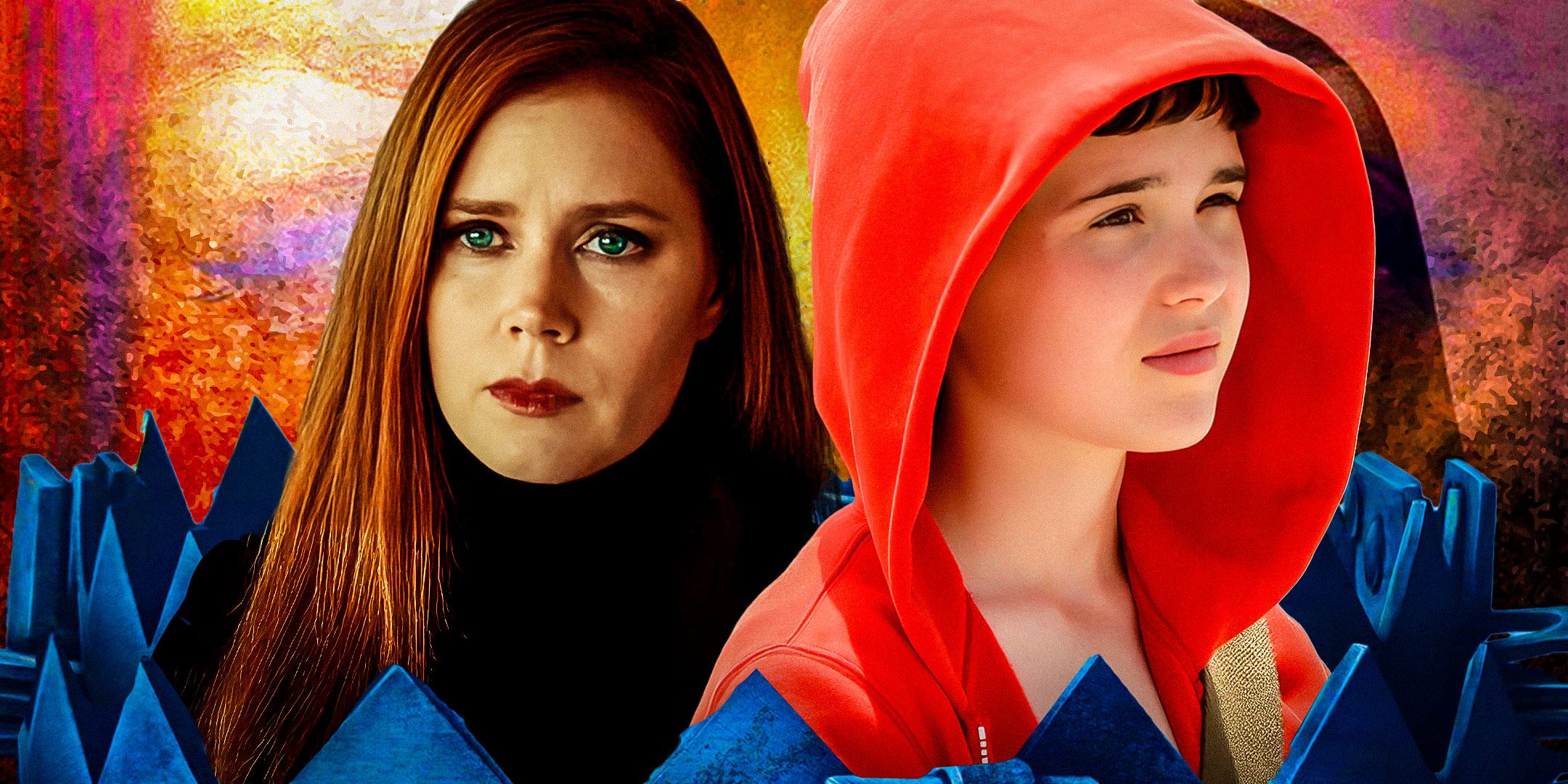
Related
10 Unconventional Thriller Movies That Changed Up The Genre
Some of the best thrillers ever made challenged the conventions of the genre to produce truly compelling and highly unique film viewing experiences.
The husband, Edward, is played by Jake Gyllenhaal. This is far from the last thriller he would star in, as the actor excels in unsettling projects and roles that let him enter the mind of a twisted character in both film and television. The performances from Gyllenhaal and Adams are frequently singled out as the best parts of the project. It’s thanks to the actors and the mysterious atmosphere that director Tom Ford cultivates that Nocturnal Animals elevates what could be a straightforward drama into a web of deceit and despair.
|
Title |
Rotten Tomatoes Critic Score |
Rotten Tomatoes Audience Score |
|
Nocturnal Animals (2016) |
74% |
74% |
5 Mother! (2017)
Directed by Darren Aronofsky
Mother!
- Director
- Darren Aronofsky
- Release Date
- September 13, 2017
- Writers
- Darren Aronofsky
- Runtime
- 115 minutes
Heavily allegorical and stylized, Mother! is another frightening thriller from Darren Aronofsky starring Jennifer Lawrence and Javier Bardem as the central couple. The best parts of Mother! are undeniably the visuals and the connection to humanity’s careless and destructive treatment of Earth. Lawrence’s character, mother, is at first protected by her husband, Him (Bardem), but he soon lets outsiders into their perfect world, and they wreak untold destruction, and Mother loses her grip on reality.
Many aspects of Mother! sparked controversy with audiences and critics alike. The overt Christian themes and intense violence against mother, as well as her characterization, can be interpreted in many ways. Each installment of the story connects to a part of the creation story in the Bible, with mother’s position as the Earth anchoring the increasingly unhinged narrative, as she’s the only person who shares the viewer’s outrage and confusion. Full of dynamic imagery and committed performances, Mother! is a deliberately outlandish ride.
|
Title |
Rotten Tomatoes Critic Score |
Rotten Tomatoes Audience Score |
|
Mother! (2017) |
68% |
51% |
4 Don’t Look Now (1973)
Directed by Nicolas Roeg
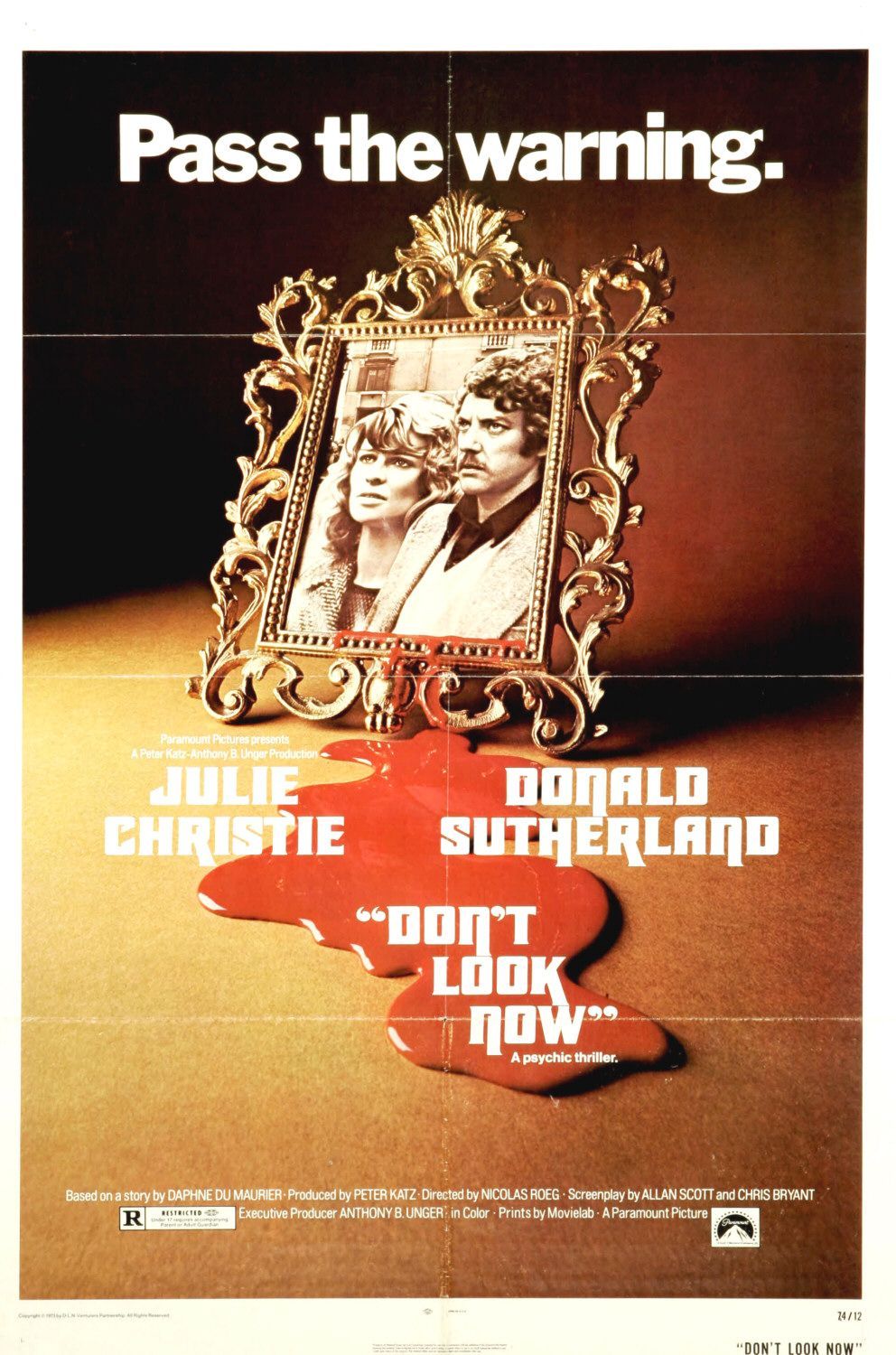
Grieving parents John and Laura Baxter travel to Venice following the accidental drowning of their daughter, Christine. While in Venice, they encounter two elderly sisters, one of whom claims to be a psychic who can communicate with Christine’s spirit. As Laura becomes increasingly convinced of the psychic’s abilities, John begins experiencing eerie visions of a small figure in a red coat, reminiscent of what Christine was wearing when she died.
- Director
- Nicolas Roeg
- Release Date
- November 18, 1973
- Writers
- Daphne Du Maurier , Allan Scott , Chris Bryant
- Cast
- Julie Christie , Donald Sutherland , Clelia Matania , Hilary Mason , Adelina Poerio
- Runtime
- 110 minutes
Don’t Look Now is one of Donald Sutherland’s best movies and borders on being considered a horror film thanks to the terrifying themes and violent scenes in the story. However, these moments of cruelty all work together to capture the grief and loss at the heart of the narrative. Sutherland and Julie Christie play a pair of parents, John and Laura, who travel to Venice after the death of their young daughter. The aftermath of the loss of a child is told through supernatural allegory in Don’t Look Now.
John, in particular, has visions that he and the audience can’t easily interpret.
The movie sees both Laura and John seek out methods to cope in different ways, leading them to destruction even as they attempt to avoid their fates. Throughout their time in Venice, Laura and John are followed by accidents and death, leading them to believe that their daughter is trying to reach out to them. John, in particular, has visions that he and the audience can’t easily interpret. The truth behind what he sees and his experiences come together when it’s too late for him to change his fate.
|
Title |
Rotten Tomatoes Critic Score |
Rotten Tomatoes Audience Score |
|
Don’t Look Now (1973) |
93% |
76% |
3 Jacob’s Ladder (1990)
Directed by Adrian Lyne
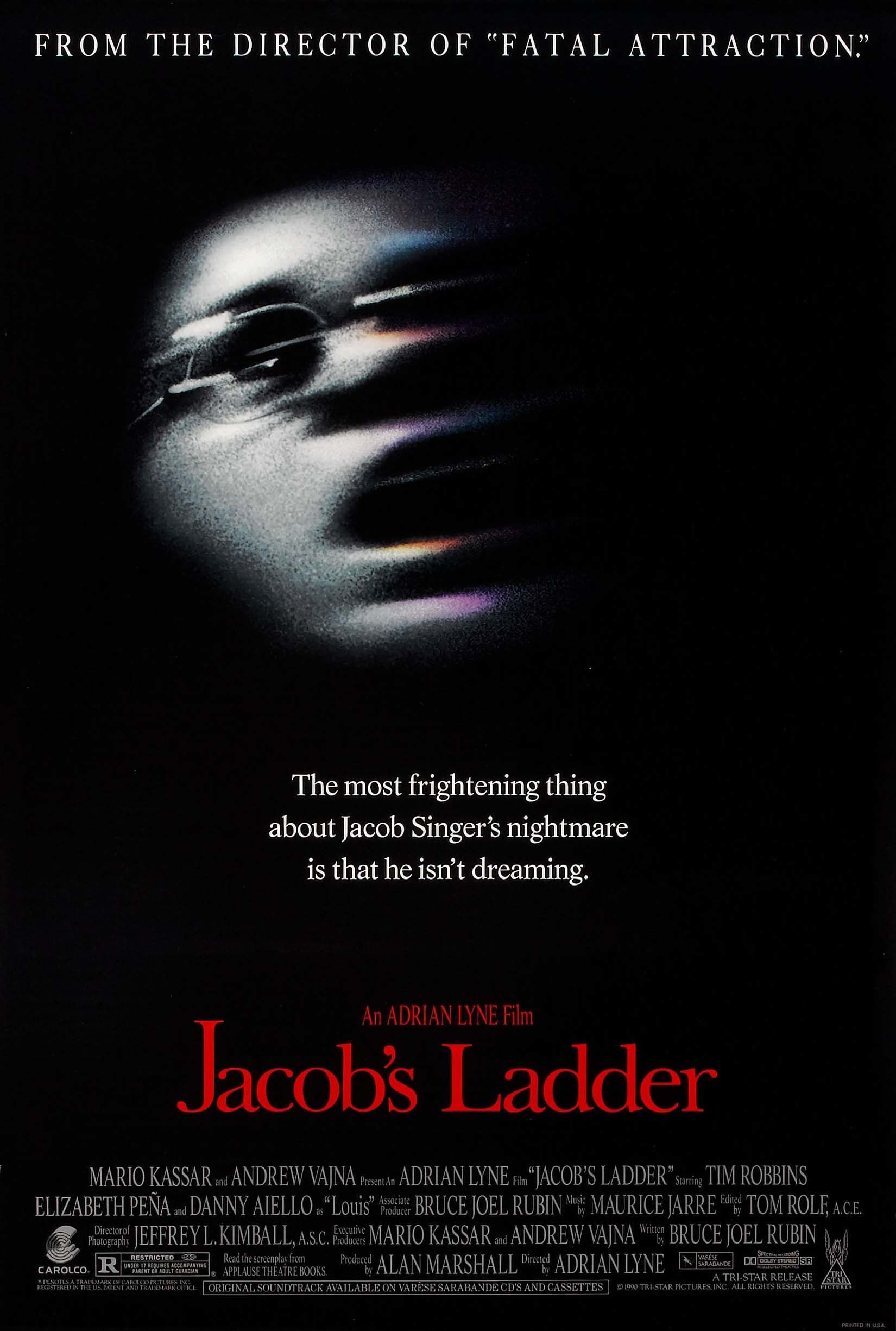
Jacob’s Ladder is a horror mystery centering on a mourning father and scarred Vietnam War vet named Jacob that is dealing with dissociation. After his child dies, Jacob struggles to separate reality from his delusions. Jacob’s Ladder stars Tim Robbins alongside Elizabeth Peña, Danny Aiello, Matt Craven, and Jason Alexander.
- Director
- Adrian Lyne
- Release Date
- November 2, 1990
- Writers
- Bruce Joel Rubin
- Cast
- Ving Rhames , Danny Aiello , Matt Craven , Eriq La Salle , Tim Robbins , Elizabeth Peña , Pruitt Taylor Vince , Jason Alexander
Tim Robbins leads Jacob’s Ladder as the Vietnam War veteran Jacob, who is terrorized by visions and near-death experiences in the years following his discharge from the conflict. Though the film’s title hints at the truth behind the strange occurrences happening around Jacob, as Jacob’s Ladder is a reference to the Bible, this doesn’t change how skillfully the movie tricks the audience and carries them away through Jacob’s fracturing mind. Much of the story sees Jacob trying to remember what happened to him and piece together his final moments in battle.
Though death terrifies Jacob, and he runs from it throughout the narrative, the concept that Jacob might already be dead is hinted at early on in the story. Even if the audience realizes the secret behind Jacob’s life before the twist is revealed, the journey to get there is still spellbinding. Unafraid to disorient the viewer with unexpected time jumps and a seemingly random internal logic, Jacob’s Ladder thrives thanks to its experimental format.
|
Title |
Rotten Tomatoes Critic Score |
Rotten Tomatoes Audience Score |
|
Jacob’s Ladder (1990) |
72% |
84% |
2 Rebecca (1940)
Directed by Alfred Hitchcock
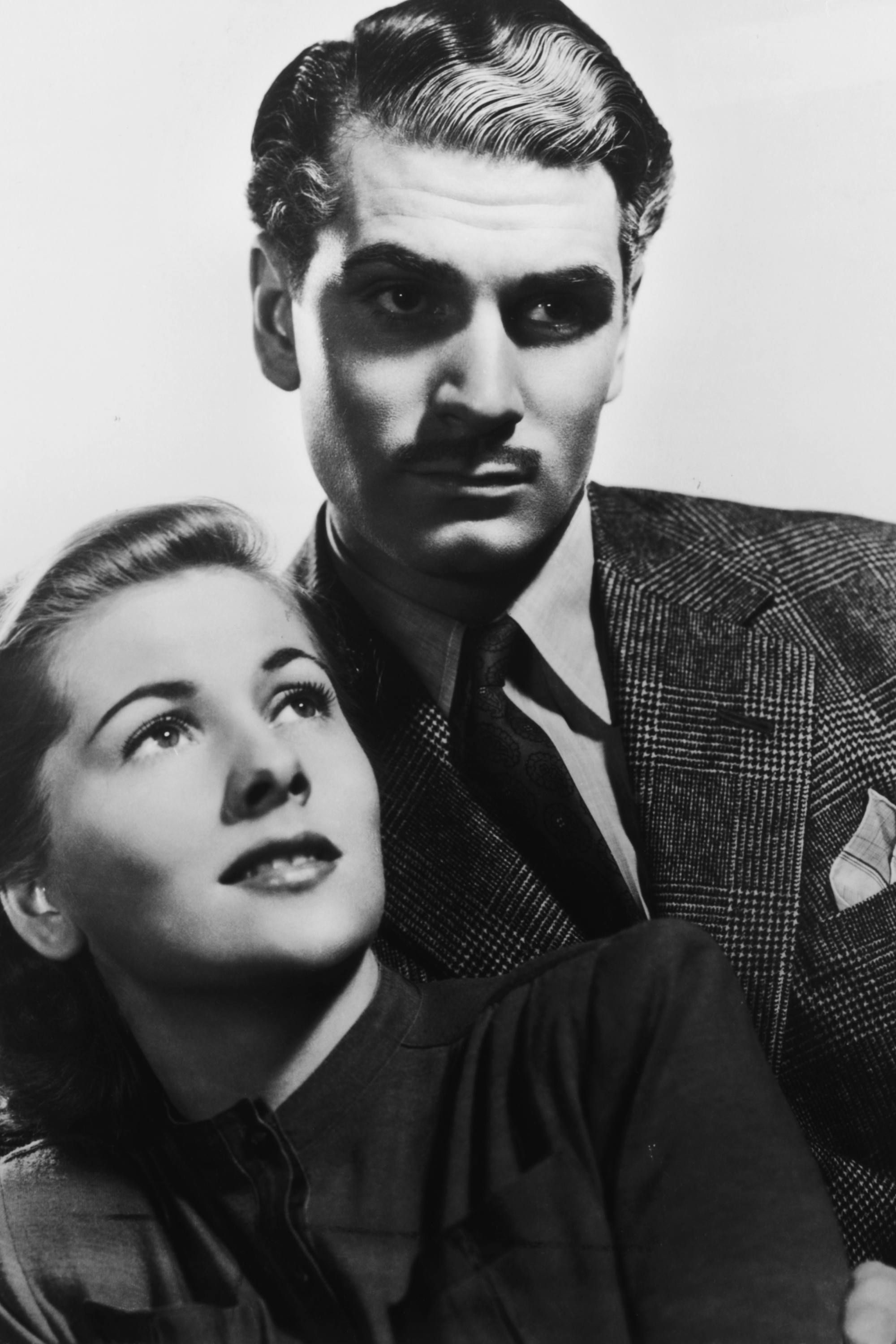
Rebecca, directed by Alfred Hitchcock, centers on a young bride, played by Joan Fontaine, who feels overshadowed by her husband’s first wife, Rebecca. Laurence Olivier stars as the brooding Maxim de Winter. Set in the eerie Manderley estate, the film explores themes of jealousy and mystery, as the new Mrs. de Winter uncovers unsettling secrets about Rebecca’s life and death. Rebecca is based on the novel by Daphne du Maurier.
- Release Date
- April 12, 1940
- Writers
- Daphne Du Maurier , Robert E. Sherwood , Joan Harrison , Philip MacDonald , Michael Hogan
- Cast
- Laurence Olivier , Joan Fontaine , George Sanders , Judith Anderson , Nigel Bruce , Reginald Denny , C. Aubrey Smith , Gladys Cooper
- Runtime
- 130 Minutes
In one of Alfred Hitchcock’s more supernatural thrillers, Rebecca walks the line between Gothic romance and tortured romance with unforgettable results. Laurence Olivier and Joan Fontaine star as Max de Winter and his second wife, Mrs. de Winter, who can’t escape the shadow of Max’s dead first wife, the titular Rebecca. Based on the novel by Daphne du Maurier, Rebecca successfully adapts the story for the screen, capturing the isolation and desperation of Mrs. de Winter as she begins to see Rebecca’s ghost everywhere.
For a good portion of the movie, the audience is encouraged to believe that Rebecca’s spirit might be wandering the halls and that her plans have been playing out long after her death.
Though Mrs. de Winter is taken in by her new husband, his intimidating estate is not so welcoming, and the circumstances surrounding Rebecca’s death are called into question. For a good portion of the movie, the audience is encouraged to believe that Rebecca’s spirit might be wandering the halls and that her plans have been playing out long after her death. Almost driven to ruin herself, the new Mrs. de Winter’s terror and uncertainty feed into this air of disaster and betrayal that makes it seem as though everyone is lying.
|
Title |
Rotten Tomatoes Critic Score |
Rotten Tomatoes Audience Score |
|
Rebecca (1940) |
98% |
92% |
1 Oldboy (2003)
Directed by Park Chan-wook
Choi Min-sik gives a performance of a lifetime as Oh Dae-su, the man held against his will who embarks on a journey of revenge in Park Chan-wook’s Oldboy. While the incredibly choreographed fight scenes are frequently cited as some of the most memorable parts of Oldboy, it’s the mystery that keeps the audience engaged. There are many reasons that Oldboy is still showered in praise, as trying to explain the plot still leaves out so much of the tension and unrelenting violence and confusion that defines the narrative.
Like many of Park’s work, Oldboy isn’t for the faint of heart, and what the gaps in Dae-su’s memory are revealed to hold does not set the characters up for a happy ending. The film’s conclusion is open to interpretation and leaves the viewer to decide what is real and what is imagined. Though many of the events in Oldboy seem as if they’re happening by coincidence or are meaningless products of circumstance, this isn’t the case. Every piece of the story is deliberately and perfectly crafted to leave the viewer as disgusted and enraptured as the characters.
|
Title |
Rotten Tomatoes Critic Score |
Rotten Tomatoes Audience Score |
|
Oldboy (2003) |
82% |
94% |



